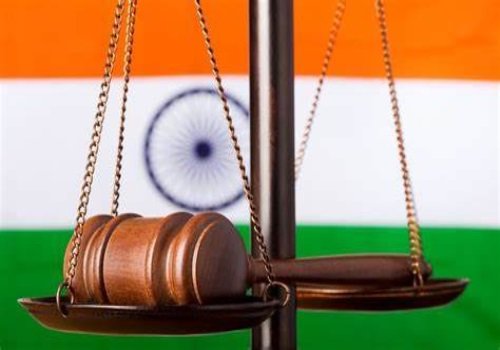By Rubi Khan
The Uniform Civil Code (UCC) has recently sparked discussions and concerns, particularly within the Muslim community. It is important to address these apprehensions and shed light on the potential benefits the UCC can bring to society as a whole. By dispelling fears and fostering understanding, we can recognise the UCC as a means to promote equality, justice, and unity among all citizens, including Muslims.
The UCC, enshrined under Article 44 of the Indian Constitution, calls for the formulation of a Uniform Laws applicable to all religious communities in matters such as marriage, divorce, inheritance, adoption etc. Critics who raise concerns about the UCC potentially overriding the Fundamental Rights related to the Right to Freedom of Religion (covered under Articles 25–28) may be overlooking the importance of striking a balance that respects both individual rights and the need for a uniform legal framework.
It is premature to assume the final stance of the UCC, as it is yet to be determined if it will incorporate provisions from Articles 25–28 or find a middle ground that upholds constitutional principles while promoting unity. India’s strength lies in its rich diversity and pluralistic society. The UCC should not be seen as a threat to cultural and religious identities but rather as an opportunity to unite the nation by harmonising diverse personal laws. By focusing on commonalities and shared values, the UCC can foster a sense of national identity while respecting individual religious beliefs. It is also crucial to recognise the varied perspectives within the Muslim community, including the Pasmanda Muslims, who have often been marginalised and overlooked by certain organisations. The UCC presents an opportunity to address this discrimination and provide equal representation and inclusion for all sections of society, thereby eradicating caste and class differentiation. Moreover, the UCC has the potential to protect the rights of Muslim women. While Personal Laws grant them property rights, many women face challenges in securing their rightful inheritance due to cultural biases and a lack of codified laws. The UCC can provide legal backing to ensure that Muslim women receive their inheritance rights lawfully, promoting gender equality and justice. The ban on instant Triple Talaq serves as an example of positive government intervention in Muslim affairs. Despite initial criticism, the implementation of the Triple Talaq law has benefited numerous Muslim women who were victims of this unjust practise. This demonstrates that the government’s intentions are driven by the pursuit of justice, and politically motivated narratives should not undermine the potential benefits of the UCC.
In conclusion, the UCC should be viewed as a platform to promote equality, justice, and unity in our diverse society. Rather than perceiving it as a threat to personal beliefs, we should recognise its potential to address discrimination, empower marginalised communities, and protect the rights of all citizens especially women. By engaging in dialogue, critical evaluation, and inclusive discussions, the UCC can serve as a catalyst for positive change, ensuring equal opportunities and harmony for every individual in the nation.
(The author’s Fellow in Journalism and Francophone Studies, Jamia Millia Islamia. His views are personal. It has nothing to do with public records management.)




